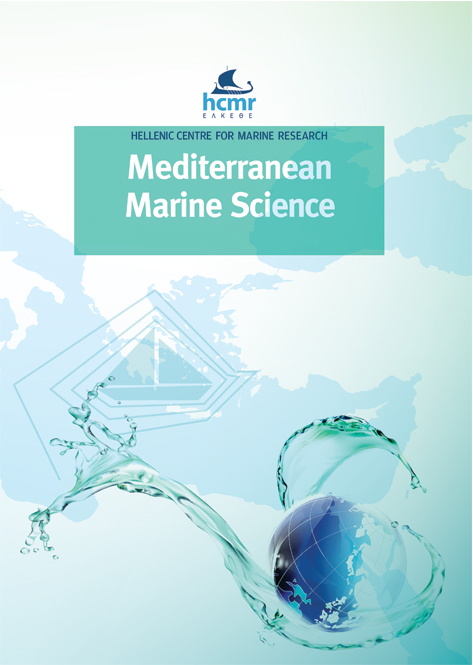From Korea to Croatia: the first record of the polyclad flatworm Notocomplana koreana in the Mediterranean
Περίληψη
Polyclads are large-bodied, free-living flatworms that occur in diverse marine habitats. They are known predators of crustaceans, ascidians, snails, bivalves, polychaetes, and other flatworms. The acotylean genus Notocomplana Faubel, 1983 currently comprises 32 species that primarily inhabit the Pacific but are also found in the Atlantic and Indian Oceans. Here, we report the discovery of Notocomplana koreana (Kato, 1937) in the Mediterranean Sea. N. koreana was originally described from Korean and Japanese waters but was recently found to have expanded its range to the Atlantic. In this report, we shed light on the likely route of migration of N. koreana to the Mediterranean and discuss the challenges in identifying such an inconspicuous species. Through an integrative taxonomic approach, which merged morphological trait analysis using live animals and histology with a comparative genetic analysis of partial 28S ribosomal DNA and mitochondrial cytochrome c oxidase subunit I (COI) barcoding markers, we uncovered the characteristics of this introduced species and provide insights into its potential effect on Mediterranean ecosystems.
Λεπτομέρειες άρθρου
- Πώς να δημιουργήσετε Αναφορές
-
KAPELLER, M. A., DITTMANN, I. L., & EGGER, B. (2024). From Korea to Croatia: the first record of the polyclad flatworm Notocomplana koreana in the Mediterranean. Mediterranean Marine Science, 25(3), 740–746. https://doi.org/10.12681/mms.38629
- Ενότητα
- Short Communication
Authors who publish with this journal agree to the following terms:
- Authors retain copyright and grant the journal right of first publication with the work simultaneously licensed under a Creative Commons Attribution Non-Commercial License that allows others to share the work with an acknowledgement of the work's authorship and initial publication in this journal.
- Authors are able to enter into separate, additional contractual arrangements for the non-exclusive distribution of the journal's published version of the work (e.g. post it to an institutional repository or publish it in a book), with an acknowledgement of its initial publication in this journal.
- Authors are permitted and encouraged to post their work online (preferably in institutional repositories or on their website) prior to and during the submission process, as it can lead to productive exchanges, as well as earlier and greater citation of published work (See The Effect of Open Access).





